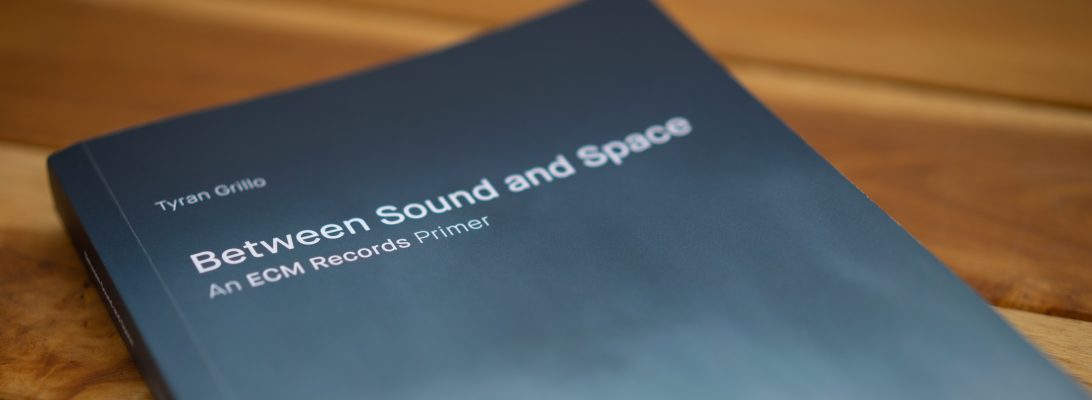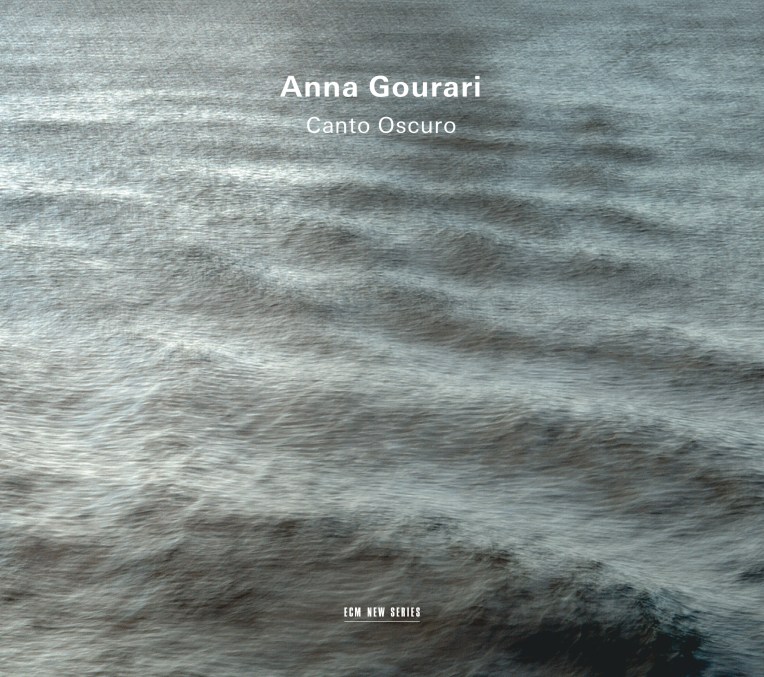
Anna Gourari
Elusive Affinity
Anna Gourari piano
Recorded January 2018, Historischer Reitstadel, Neumarkt
Engineer: Stephan Schellmann
Produced by Manfred Eicher
Release date: May 24, 2019
Water equals time and provides beauty with its double.
Part water, we serve beauty in the same fashion.
–Joseph Brodsky
In the wake of Anna Gourari’s first two ECM New Series recitals, the Russian pianist steps more deeply than ever before into dreamlike repertoire. That said, there’s actually very little in the way of fantasy in the present disc, reconfiguring as it does experiential fragments into an anagram of reality. The album begins and ends with arrangements by Johann Sebastian Bach of slow movements from concertos by Antonio Vivaldi and Alessandro Marcello, respectively. Both are skeletal at first but soon burgeon into a tangle of nerves, veins, and tendons. As fundaments of an ever-growing monument, through whose windows shines a future sun, they send out their pulse as a signal to the unborn. And as a plush interior takes shape, hands lay themselves down as if to sleep and never wake, holding on to melody as a tether to this world before moving on to the next. Elusive, perhaps, but also infinite.
Between these walls, furniture reveals itself to be the seat of our listening. The most prominent sectional is Alfred Schnittke’s Five Aphorisms (1990), which in its cerebral upholstery offers respite for the weary self. Like a tour of a stroke-ridden mind, it holds fast to memories even as it struggles to lasso the words to articulate them. All we emerge with instead is a series of notes, chords, and mosaic rhythms. The central Lento carries its dissonant flesh up a staircase from which gestures leap ahead of the body they describe before finding in the final Grave a double meaning of mood and physical location.
In the shadow of this tower, Giya Kancheli’s Piano piece No. 15 (his theme from Robert Sturua’s adaptation of The Caucasian Chalk Circle by Bertolt Brecht) dances like a child without a future, just as his Piano piece No. 23 (theme from Sergei Bodrov’s 2002 film Bear’s Kiss) gilds the frame of recall with harmonious alloy. In kindred spirit, Arvo Pärt’s Variationen zur Gesundung von Arinuschka (1977) finds Gourari aligning her emotional y-axis with the score’s x. Each note seems pulled from the keyboard, spinning polyphony into a chamber of prayer.
Rodion Shchedrin’s Diary – Seven Pieces (2002) bears dedication to Gourari herself, and by that association turns friendship and respect into audible communication. Darkly inflected yet chiseled in light, each piece is a window into the otherss, a symbiotic aesthetic given wings by sensitive performances. There are stories to be told here, but not in the manner of linear narratives, for hints of jazz and freer associations assure us that beauty, urgency, and proclamation all share the same oxygen. This leaves only Wolfgang Rihm’s Zwiesprache (1999), which occupies a region liminal to the rest, where an archaeological dig is already well underway. These dedications are playful yet morose, touching impressions as if they might bleed on contact. We, however, know that in Gourari’s purview no such wounds will ever be inflicted, because healing is never too far behind.





